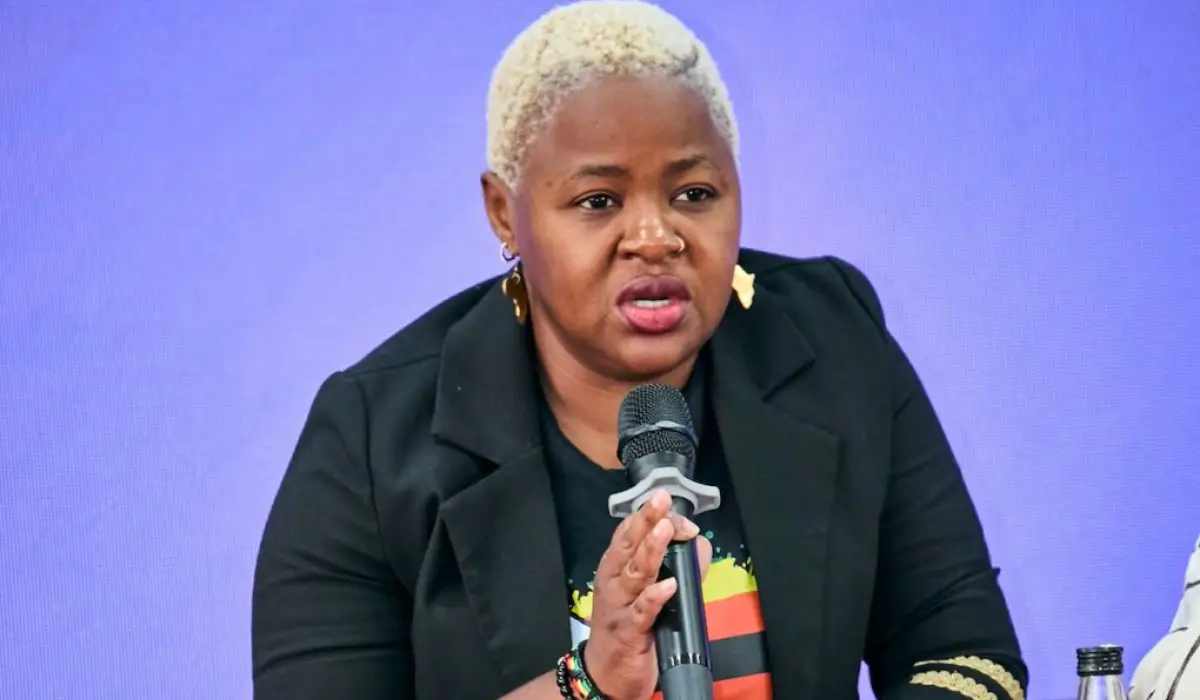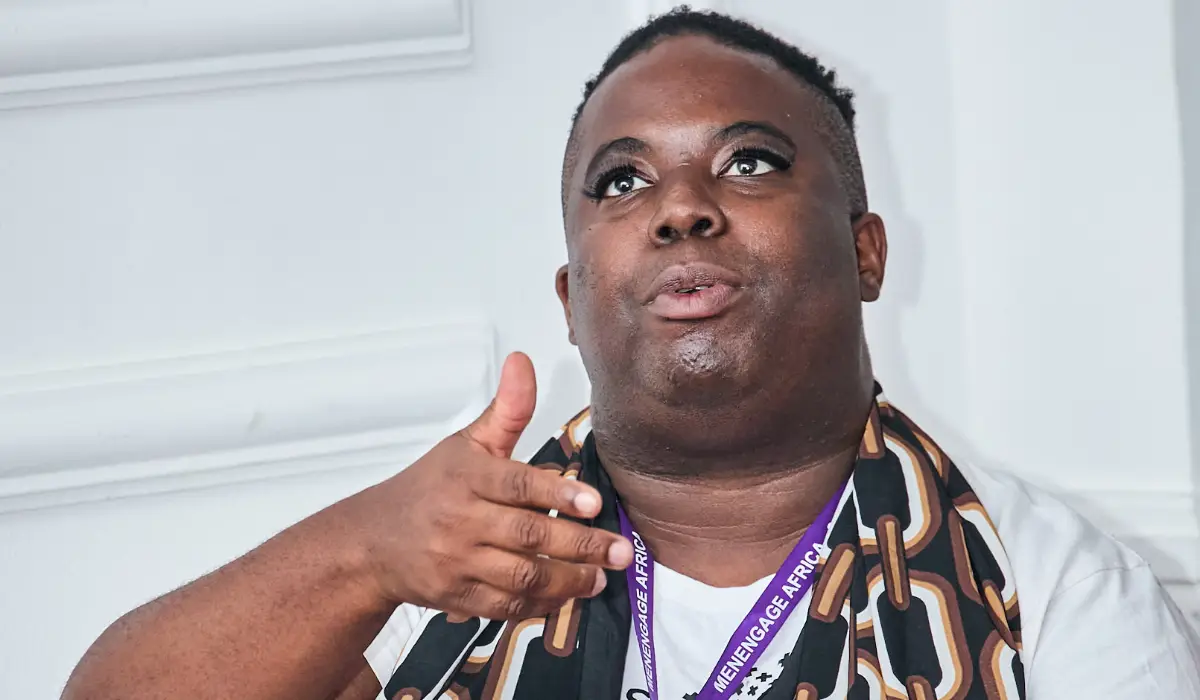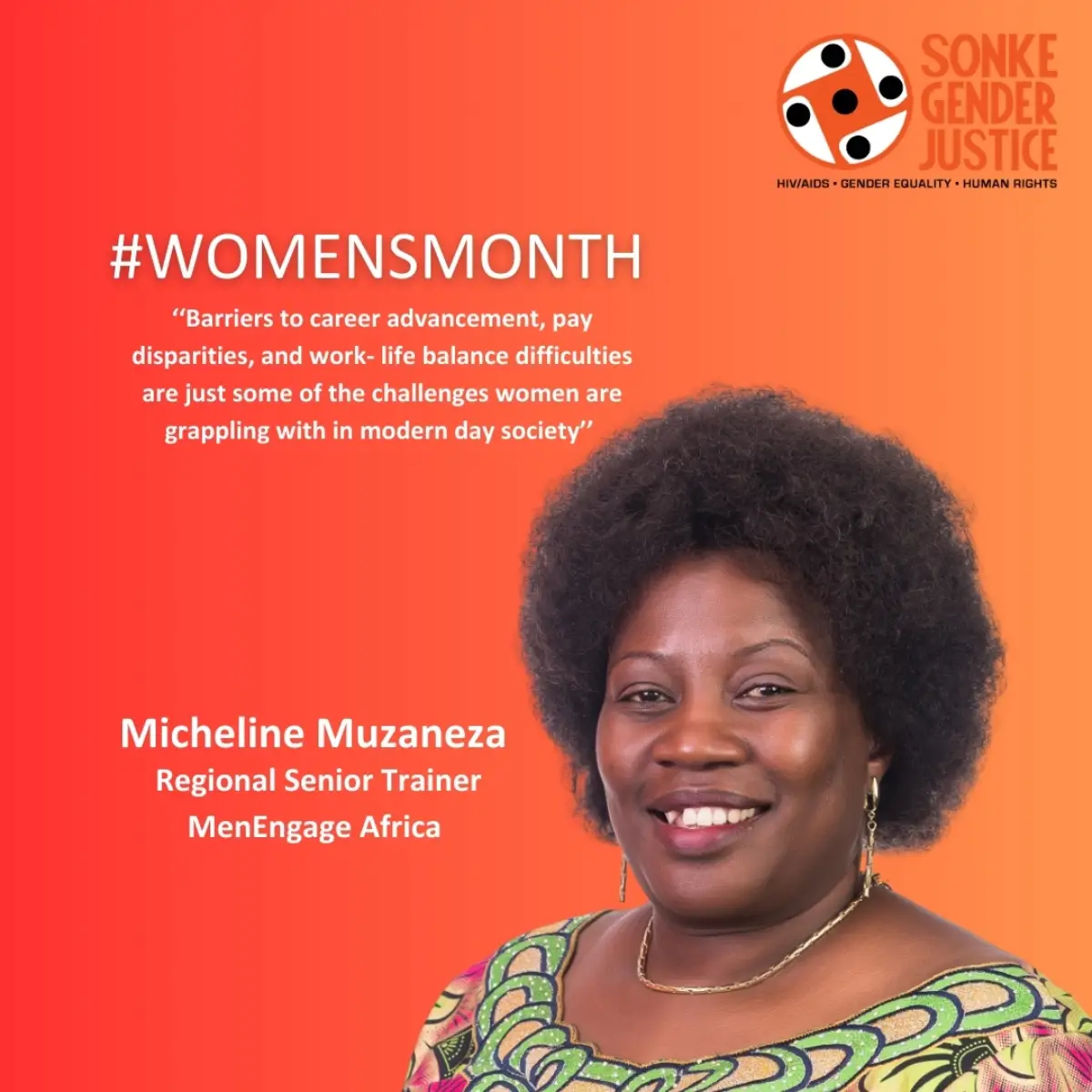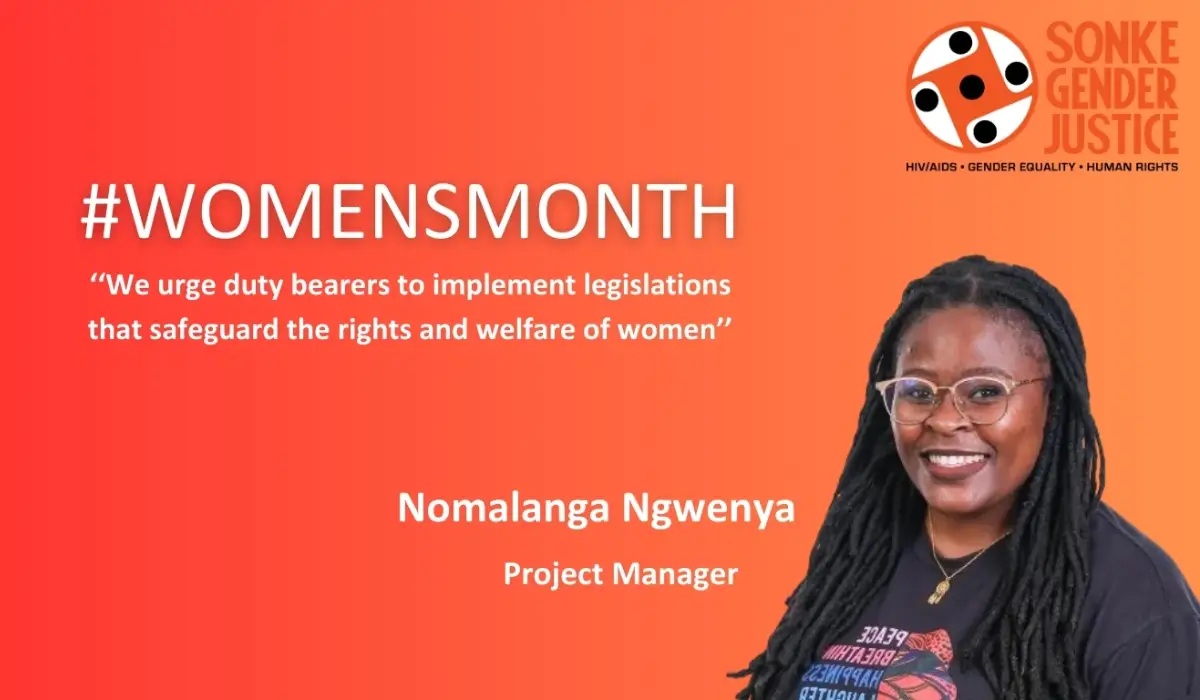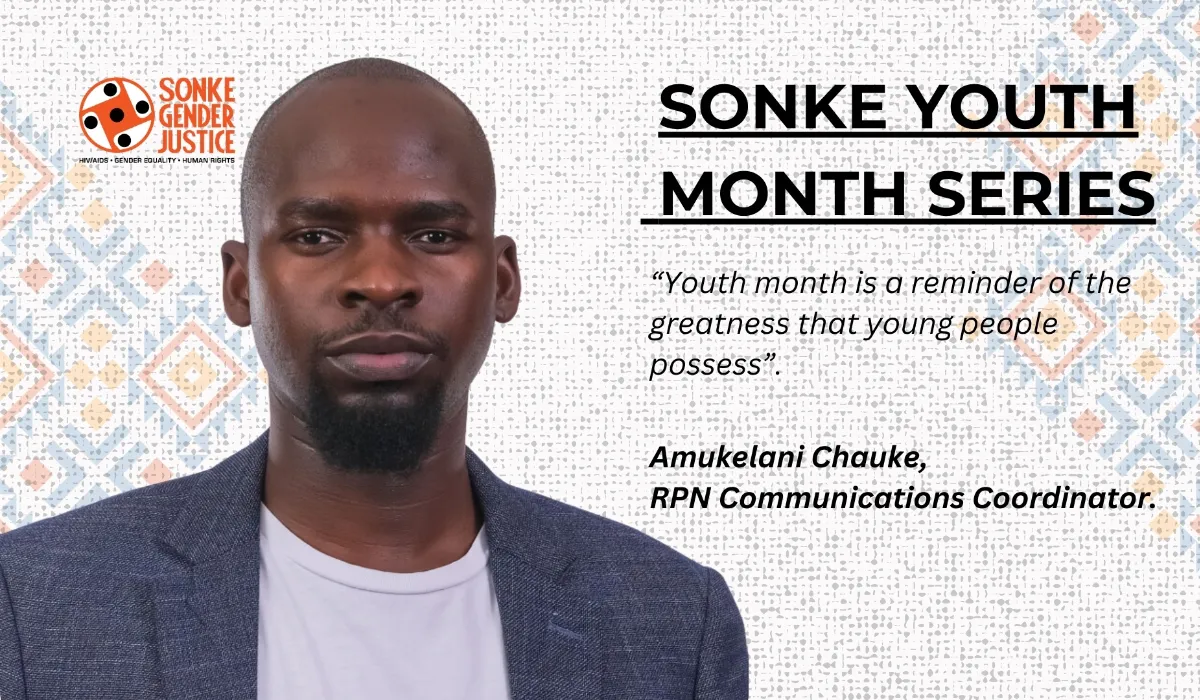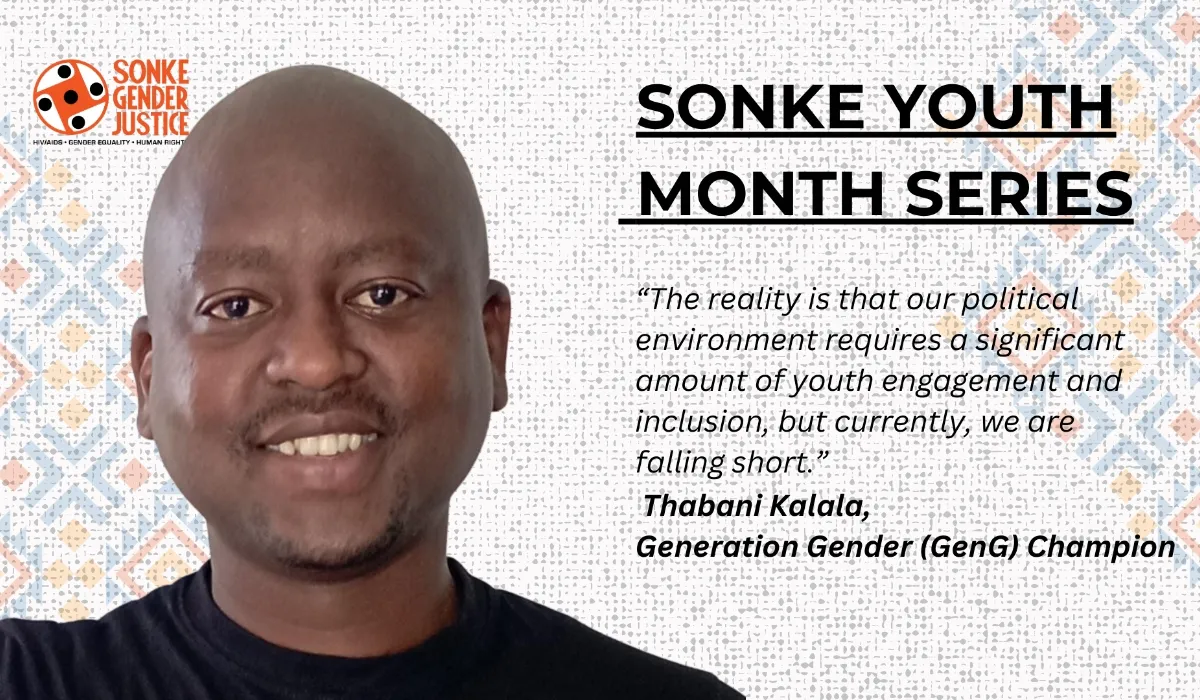Matimba Chabane is a brave, articulate young man who spoke passionately about his late father, Collins Chabane.
At his father’s funeral, he talked with great insight about the pressures that young men have to deal with daily.
This is what he said of the mourners who came to pay their last respects: “They said to me you are now a man, you must be strong, you must be in control, you must be in charge.”
Matimba then added: “After all these comments, I began to walk like a man, think like a man and behave as such.”
These are the kinds of statements that truly made me grasp the enormous pressure young men face, wittingly or unwittingly.
Matimba’s story can teach us a lot.
The reality is that society does not allow boys to remain young, joyful and light-hearted.
Too often young boys are expected to be strong leaders in their households, when in fact they are not the men of the house and neither are they in a position to be in charge.
It is sad that as society we create monsters that will reproduce very toxic notions of masculinity. It baffles me how we are often astonished by the increasing violence displayed by young men when, in essence, society is guilty of cultivating a culture of masculinity that encourages such violence.
We do so through messages that most of us think innocent or meaningless. But the truth is that it can never be innocent or unimportant to tell a young man that he is in control of his household when he is not mature enough – in mind and body – to take on such a responsibility.
We must be very aware of the messages that we unconsciously send our young because they have significant consequences. One such consequence may well be young boys behaving in violent ways in an effort to live up to false notions of manhood.
Before we tell a young boy who has just lost his father to be a man and to take control, it is important to bear in mind that such an ordinary comment has far-reaching after-effects. In essence, we may be planting a destructive seed in our young men.
I hope that Matimba will dismiss the toxic teachings of our society and grow up to be a loving, gentle and compassionate man. Above all, I hope that he encourages others to also reject their cultures’ patriarchal messages and values.
Boys deserve messages that do not force patriarchal identities upon them so that they themselves will not have to perpetuate the very language that imprisoned them to begin with.
May Matimba continue his father’s struggle. The late minister Chabane’s fight for liberation did not just entail political freedom. He understood that there can be no true democracy without the complete obliteration of racism, classism and sexism.
Indeed, gender democracy has great political implications.
Only when we challenge hegemonic masculinity – with the power and privilege that it carries – can we achieve a participatory democracy based on equality, inclusion, respect and responsibility.
Those are the moral standards that we should all aspire to, the very principles that people like Chabane fought for.
I hope that Matimba can live in a country where boys are no longer ruled by flawed definitions of manhood and girls are no longer restricted by discriminating gender roles.


